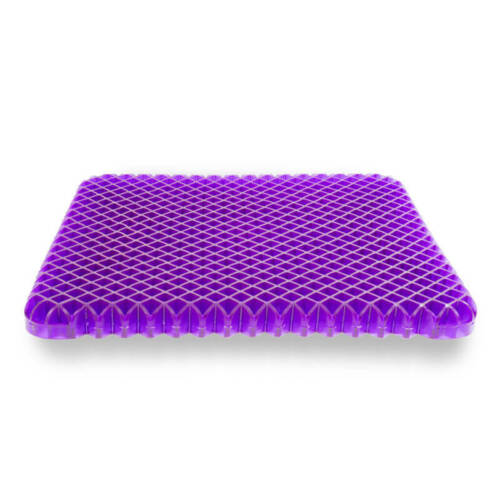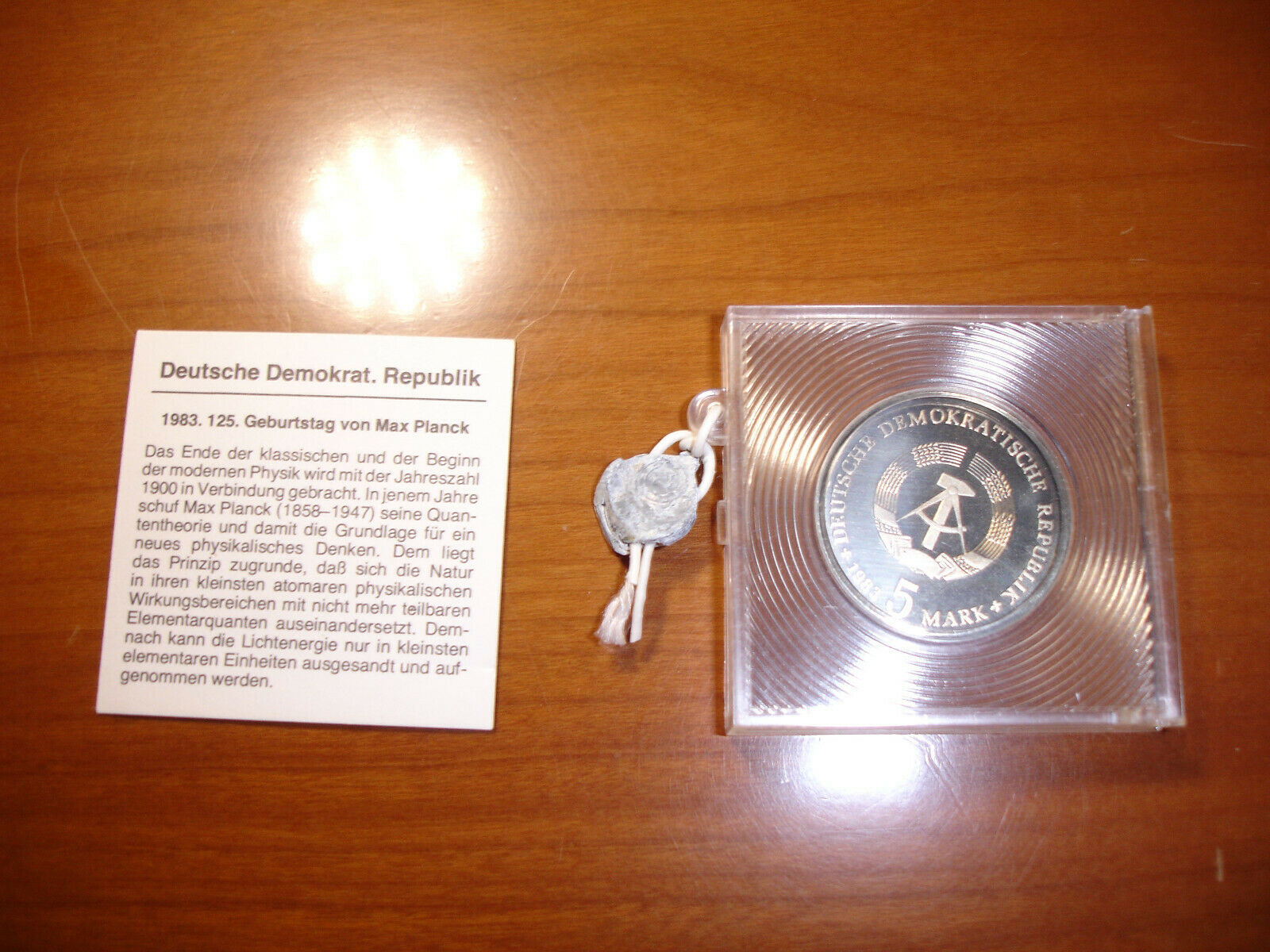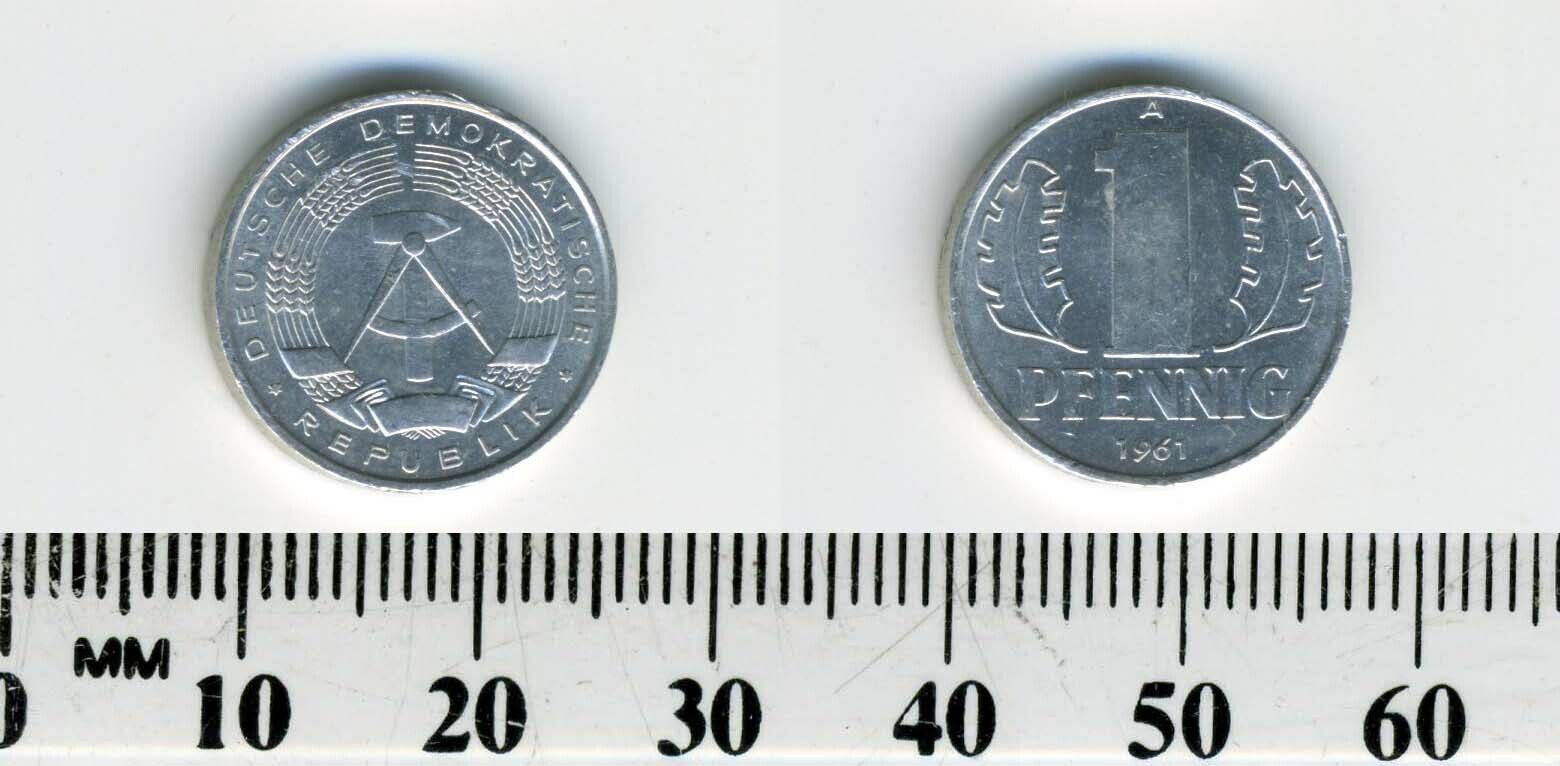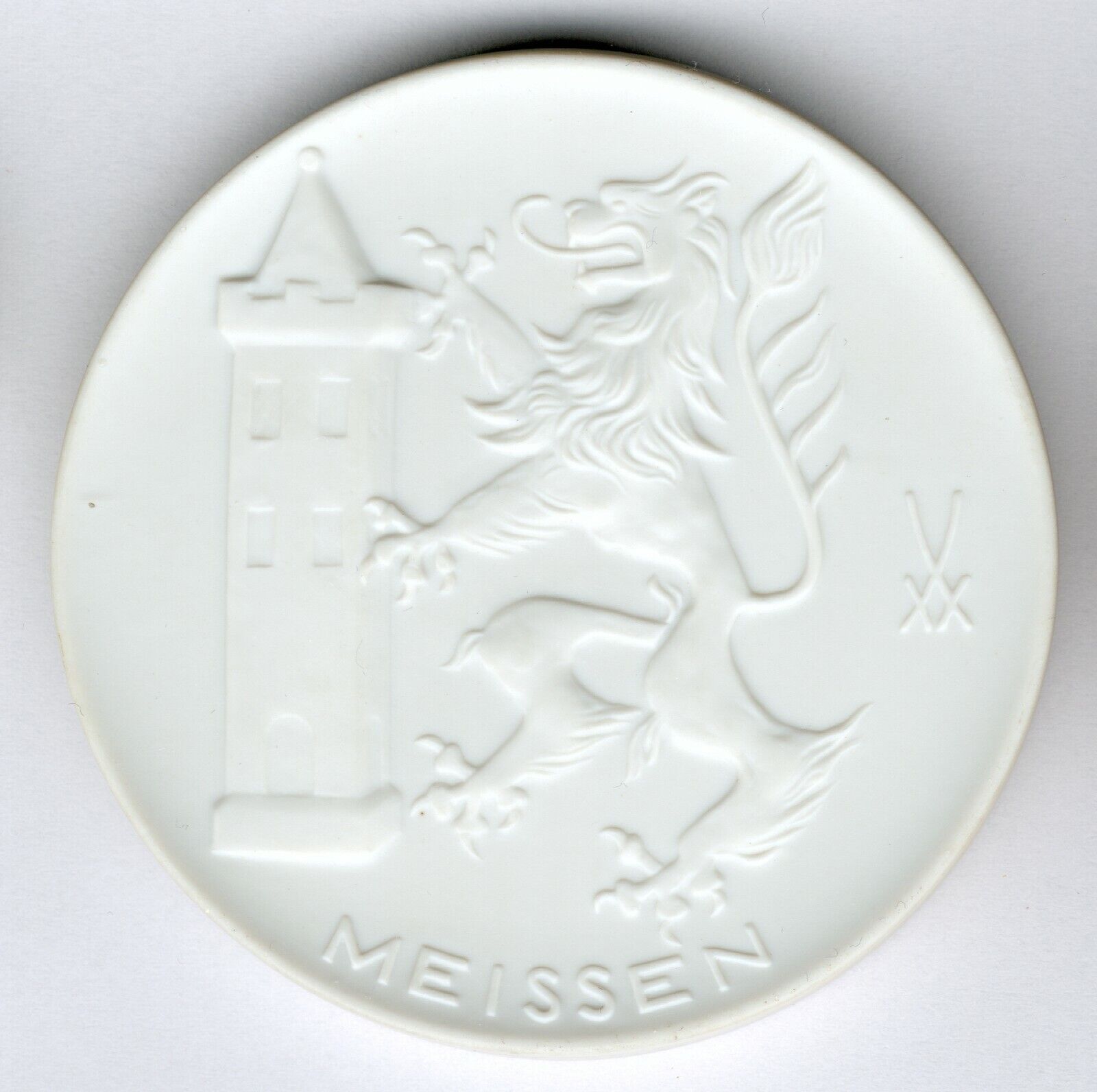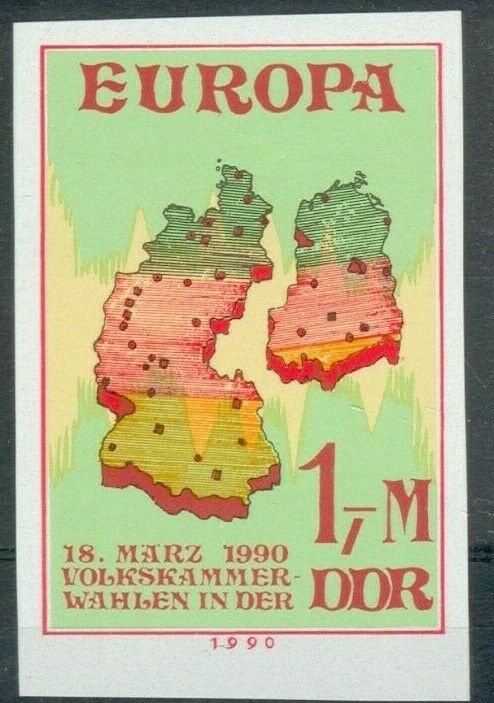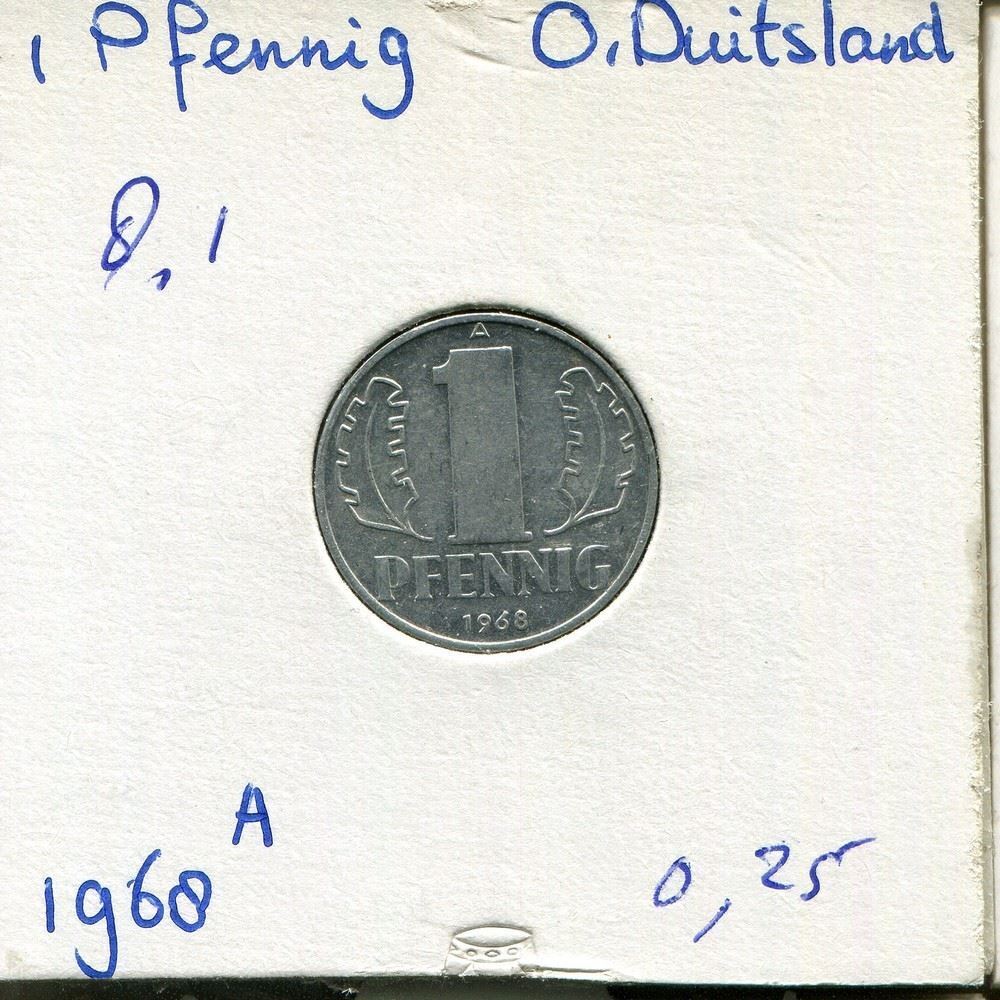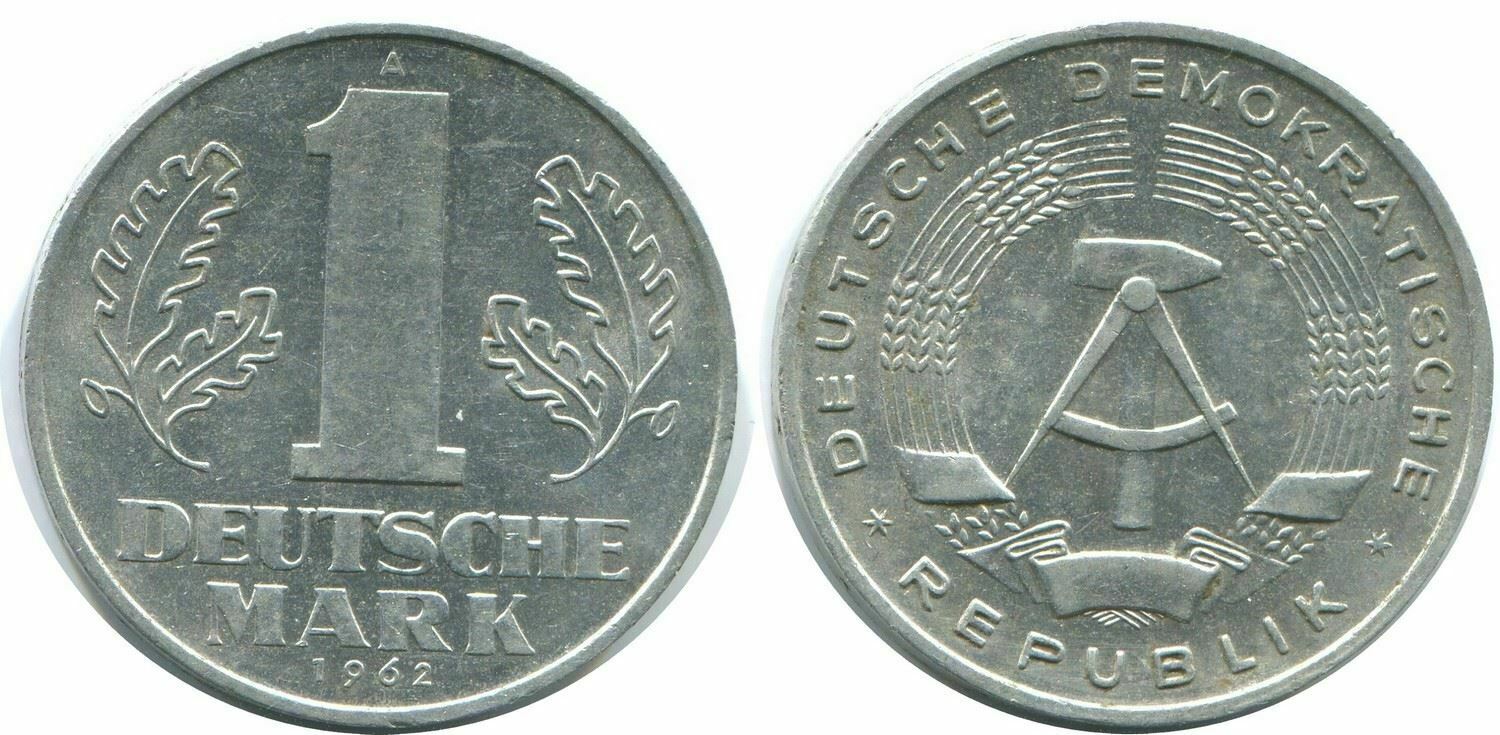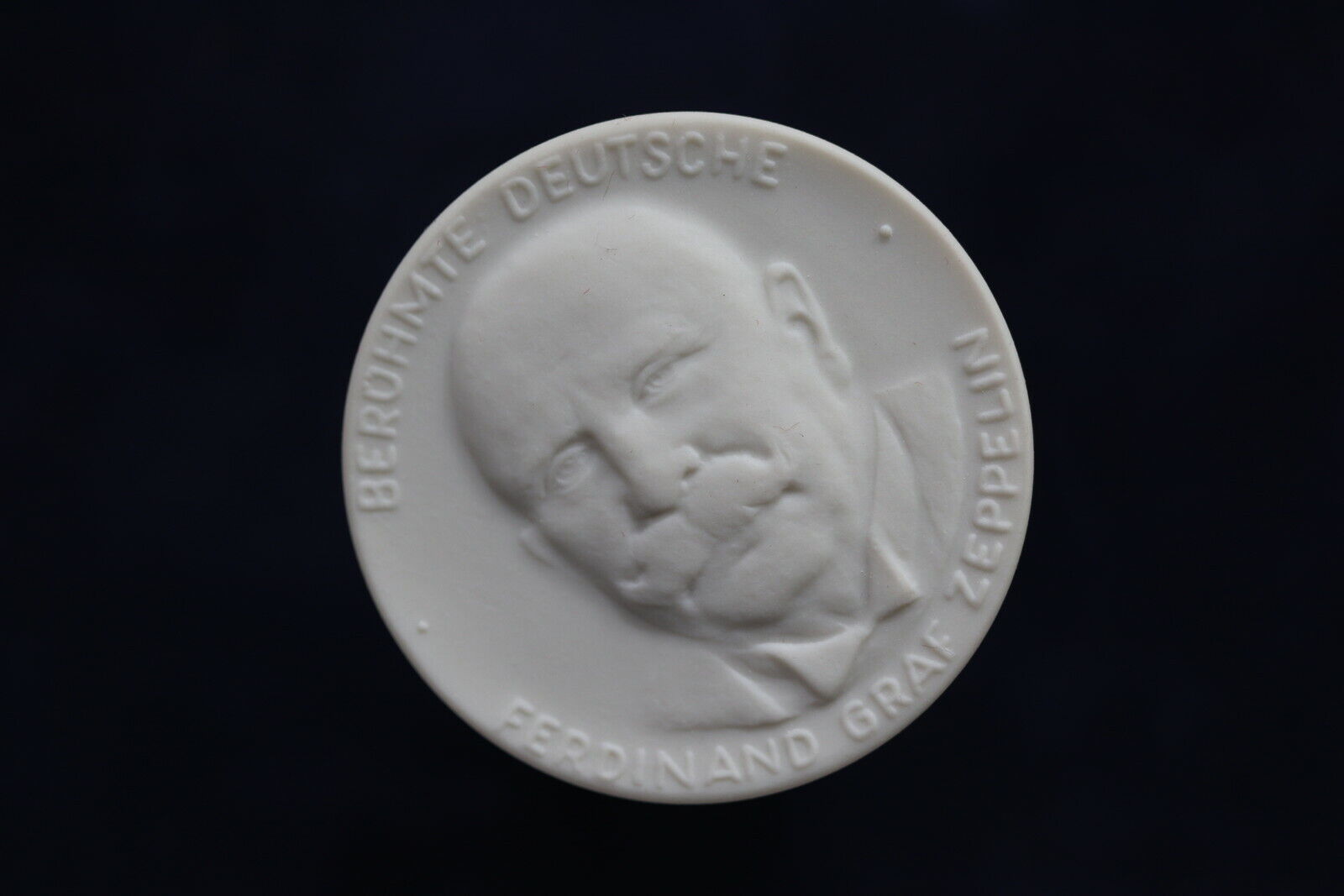-40%
1973 EAST GERMANY Vintage Antique Silver BERTOLT BRECHT 10Mrk German Coin i79444
$ 94.32
- Description
- Size Guide
Description
Item:i79444
Authentic Coin of:
Germany
. East Germany (German Democratic Republic)
75th Anniversary of Birth of Brecht
1973
Silver 10 Marks 31mm (
16.98
grams) 0.625 Silver (0.3416 oz. ASW)
Reference: KM# 45
DEUTSCHE DEMOKRATISCHE REPUBLIK 1973 10 MARK, State emblem.
BERTOLT BRECHT 1898 - 1956, Portrait of Bertolt Brecht facing left
Edge Lettering: 10 MARK * 10 MARK * 10 MARK *
You are bidding on the exact item pictured, provided with a Certificate of Authenticity and Lifetime Guarantee of Authenticity.
Eugen Berthold Friedrich Brecht
(10 February 1898 - 14 August 1956), known professionally as
Bertolt Brecht
, was a German theatre practitioner, playwright, and poet.
Living in Munich during the Weimar Republic, he had his first successes with theatre plays, whose themes were often influenced by his Marxist thought. He was the main proponent of the genre named epic theatre (which he preferred to call "dialectical theatre"). During the Nazi period and World War II he lived in exile, first in Scandinavia and then in the United States. Returning to East Berlin after the war, he established the theatre company Berliner Ensemble with his wife and long-time collaborator, actress Helene Weigel.
Cold War and final years in East Germany (1945-56)
In the years of the Cold War and "Red Scare", Brecht was blacklisted by movie studio bosses and interrogated by the House Un-American Activities Committee. Along with about 41 other Hollywood writers, directors, actors and producers, he was subpoenaed to appear before the HUAC in September 1947. Although he was one of 19 witnesses who declared that they would refuse to appear, Brecht eventually decided to testify. He later explained that he had followed the advice of attorneys and had not wanted to delay a planned trip to Europe. On 30 October 1947 Brecht testified that he had never been a member of the Communist Party. He made wry jokes throughout the proceedings, punctuating his inability to speak English well with continuous references to the translators present, who transformed his German statements into English ones unintelligible to himself. HUAC vice-chairman Karl Mundt thanked Brecht for his co-operation. The remaining witnesses, the so-called Hollywood Ten, refused to testify and were cited for contempt. Brecht's decision to appear before the committee led to criticism, including accusations of betrayal. The day after his testimony, on 31 October, Brecht returned to Europe.
He lived in Zurich in Switzerland for a year. In February 1948 in Chur, Brecht staged an adaptation of Sophocles'
Antigone
, based on a translation by Hölderlin. It was published under the title
Antigonemodell 1948
, accompanied by an essay on the importance of creating a "non-Aristotelian" form of theatre.
In 1949 he moved to East Berlin and established his theatre company there, the Berliner Ensemble. He retained his Austrian nationality (granted in 1950) and overseas bank accounts from which he received valuable hard currency remittances. The copyrights on his writings were held by a Swiss company. At the time he drove a pre-war DKW car-a rare luxury in the austere divided capital.
Though he was never a member of the Communist Party, Brecht had been schooled in Marxism by the dissident communist Karl Korsch. Korsch's version of the Marxist dialectic influenced Brecht greatly, both his aesthetic theory and theatrical practice. Brecht received the Stalin Peace Prize in 1954.
Brecht wrote very few plays in his final years in East Berlin, none of them as famous as his previous works. He dedicated himself to directing plays and developing the talents of the next generation of young directors and dramaturgs, such as Manfred Wekwerth, Benno Besson and Carl Weber. At this time he wrote some of his most famous poems, including the "Buckow Elegies".
At first Brecht apparently supported the measures taken by the East German government against the uprising of 1953 in East Germany, which included the use of Soviet military force. In a letter from the day of the uprising to SED First Secretary Walter Ulbricht, Brecht wrote that: "History will pay its respects to the revolutionary impatience of the Socialist Unity Party of Germany. The great discussion [exchange] with the masses about the speed of socialist construction will lead to a viewing and safeguarding of the socialist achievements. At this moment I must assure you of my allegiance to the Socialist Unity Party of Germany."
Brecht's subsequent commentary on those events, however, offered a very different assessment-in one of the poems in the
Elegies
, "Die Lösung" (The Solution), a disillusioned Brecht writes a few months later:
After the uprising of the 17th of June
The Secretary of the Writers Union
Had leaflets distributed in the Stalinallee
Stating that the people
Had forfeited the confidence of the government
And could win it back only
By redoubled efforts.
Would it not be easier
In that case for the government
To dissolve the people
And elect another?
East Germany
, officially the
German Democratic Republic
, was a country that existed from 1949 to 1990, when the eastern portion of Germany was part of the Eastern Bloc during the Cold War. It described itself as a socialist "workers' and peasants' state", and the territory was administered and occupied by Soviet forces at the end of World War II - the Soviet occupation zone of the Potsdam Agreement, bounded on the east by the Oder-Neisse line. The Soviet zone surrounded West Berlin but did not include it; as a result, West Berlin remained outside the jurisdiction of the GDR.
The German Democratic Republic was established in the Soviet zone, while the Federal Republic was established in the three western zones. East Germany was a satellite state of the Soviet Union. Soviet occupation authorities began transferring administrative responsibility to German communist leaders in 1948, and the GDR began to function as a state on 7 October 1949. However, Soviet forces remained in the country throughout the Cold War. Until 1989, the GDR was governed by the Socialist Unity Party (SED), though other parties nominally participated in its alliance organisation, the National Front of Democratic Germany. The SED made the teaching of Marxism-Leninism and the Russian language compulsory in schools.
The economy was centrally planned and increasingly state-owned. Prices of housing, basic goods and services were set by central government planners rather than rising and falling through supply and demand; and were heavily subsidised. Although the GDR had to pay substantial war reparations to the Soviets, it became the most successful economy in the Eastern Bloc. Emigration to the West was a significant problem - as many of the emigrants were well-educated young people, it further weakened the state economically. The government fortified its western borders and, in 1961, built the Berlin Wall. Many people attempting to flee were killed by border guards or booby traps, such as landmines. Several others were imprisoned for many years.
In 1989, numerous social, economic, and political forces in the GDR and abroad led to the fall of the Berlin Wall and the establishment of a government committed to liberalisation. The following year, open elections were held, and international negotiations led to the signing of the Final Settlement treaty on the status and borders of Germany. The GDR dissolved itself, and Germany was reunified on 3 October 1990, becoming a fully sovereign state again. Several of the GDR's leaders, notably its last communist leader Egon Krenz, were prosecuted in reunified Germany for crimes committed during the Cold War.
Geographically, the German Democratic Republic bordered the Baltic Sea to the north; Poland to the east; Czechoslovakia to the southeast and West Germany to the southwest and west. Internally, the GDR also bordered the Soviet sector of Allied-occupied Berlin, known as East Berlin, which was also administered as the state's
de facto
capital. It also bordered the three sectors occupied by the United States, United Kingdom and France known collectively as West Berlin. The three sectors occupied by the Western nations were sealed off from the rest of the GDR by the Berlin Wall from its construction in 1961 until it was brought down in 1989.
Frequently Asked Questions
Mr. Ilya Zlobin
, world-renowned expert numismatist, enthusiast, author and dealer in authentic ancient Greek, ancient Roman, ancient Byzantine, world coins & more.
Who am I dealing with?
You are dealing with Ilya Zlobin, ancient coin expert, enthusiast, author and dealer with an online store having a selection of over 15,000 items with great positive feedback from verified buyers and over 10 years experience dealing with over 57,000 ancient and world coins and artifacts. Ilya Zlobin is an independent individual who has a passion for coin collecting, research and understanding the importance of the historical context and significance all coins and objects represent. Most others are only concerned with selling you, Ilya Zlobin is most interested in educating you on the subject, and providing the largest selection, most professional presentation and service for the best long-term value for collectors worldwide creating returning patrons sharing in the passion of ancient and world coin collecting for a lifetime.
How long until my order is shipped?
Orders are shipped by the next business day (after receipt of payment) most of the time.
How will I know when the order was shipped?
After your order has shipped, you will be left positive feedback, and that date could be used as a basis of estimating an arrival date. Any tracking number would be found under your 'Purchase history' tab.
USPS First Class mail takes about 3-5 business days to arrive in the U.S. International shipping times cannot be estimated as they vary from country to country.
Standard international mail to many countries
does not
include a tracking number, and can also be slow sometimes.
For a tracking number and signature confirmation, you may want to do Express Mail International Shipping, which costs more, however, is the fastest and most secure. Additionally you may be able to receive your order in as little as 3-5 business days using this method. For Express Mail International, it may be possible to place up to 10-15 items in one package (for the one shipping cost) as it is flat rate envelope, which may be the most cost-effective, secure and fastest way to receive items internationally. Send me a message about this and I can update your invoice should you want this method.
Getting your order to you, quickly and securely is a top priority and is taken seriously here.
Great care is taken in packaging and mailing every item securely and quickly.
Please be aware, I cannot take responsibility for any postal service delivery delays, especially for international packages as it may happen in rare instances.
What is a certificate of authenticity and what guarantees do you give that the item is authentic?
Each of the items sold here, is provided with a Certificate of Authenticity, and a Lifetime Guarantee of Authenticity, issued by a world-renowned numismatic and antique expert that has identified over 57,000 ancient coins and has provided them with the same guarantee. You will be very happy with what you get with the COA; a professional presentation of the coin, with all of the relevant information and a picture of the coin you saw in the listing. Additionally, the coin is inside it's own protective coin flip (holder), with a 2x2 inch description of the coin matching the individual number on the COA.
On the free-market such a presentation alone, can be considered a - value all in itself, and it comes standard with your purchases from me,
FREE.
With every purchase, you are leveraging my many years of experience to get a more complete context and understanding of the piece of history you are getting. Whether your goal is to collect or give the item as a gift, coins presented like this could be more prized and valued higher than items that were not given such care and attention to.
Buy a coin today and own a piece of history, guaranteed.
Is there a money back guarantee?
I offer a 30 day unconditional money back guarantee. I stand behind my coins and would be willing to exchange your order for either store credit towards other coins, or refund, minus shipping expenses, within 30 days from the receipt of your order. My goal is to have the returning customers for a lifetime, and I am so sure in my coins, their authenticity, numismatic value and beauty, I can offer such a guarantee.
When should I leave feedback?
Once you receive your order, please leave a positive feedback. Please don't leave any negative feedbacks, as it happens sometimes that people rush to leave feedback before letting sufficient time for their order to arrive. Also, if you sent an email, make sure to check for my reply in your messages before claiming that you didn't receive a response. The matter of fact is that any issues can be resolved, as reputation is most important to me. My goal is to provide superior products and quality of service.
How and where do I learn more about collecting ancient coins?
Visit the "
Guide on How to Use My Store
" for on an overview about using my store, with additional information and links to all other parts of my store which may include educational information on topics you are looking for.



